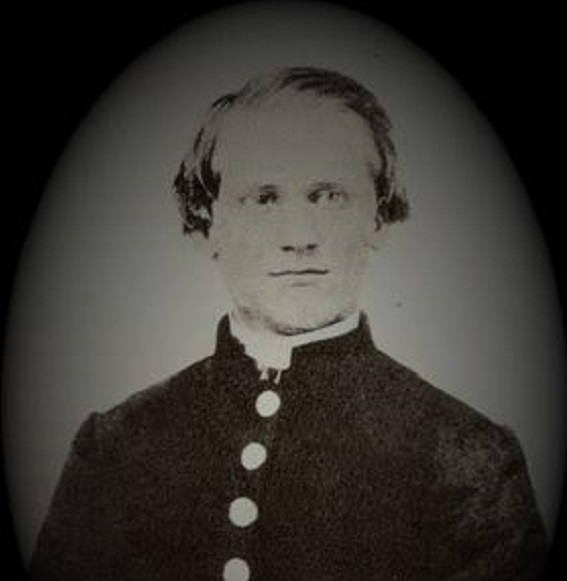
A Review of The Everlasting Circle: Letters of the Haskell Family of Abbeville, South Carolina, 1861—1865. (Mercer University Press, 2019) Edited by Karen Stokes.
Participants in the Old South and the Confederacy were conscientious in preserving their documents, as were several succeeding generations. They knew that their history was important and that it would suffer massive misrepresentation. As a result, by the mid-20th century, Southern archives contained a wealth of primary sources that were available to historians who cared to look.
For the 19th century “primary sources” means letters, diaries, account books and business papers, first-hand newspaper reports, memos made while memories were fresh, authentic official records— documents that are original to the times they record. It used to be that historians had to assiduously study primary sources before they could be considered experts on some small part of history.
In our times we have “historians” who have never read a single relevant primary document but declare their “expert” interpretations of Southern history and what it is all about. For them our Southern ancestors are not real people who lived out their time on earth as best they could but only ideological categories to be condemned and abolished by “experts” of superior wisdom and morality.
A good many Southern primary sources have made their way into accessible printed versions over the years. The letters of the Haskell family during the war for Southern Independence are a new major published asset for real Southern history. These are the letters exchanged among seven Confederate brothers (all of them accomplished men) and their intelligent and brave mother, sisters, and wives.
The letters are full of affection, realism, and sometimes even humour, among highly literate people who interacted with many of the most important people of South Carolina and the Confederacy. It is safe to say that these examples of Confederates were admirable people in every way.
Karen Stokes is a marvel of contemporary Southern letters. Not only is she highly productive (a dozen or so books) but she is that very rare writer who excels at both historical scholarship and fiction. This latest work is a major and lasting contribution to real history. Only those who have actually done documentary editing can know the time-consuming and meticulous labour and wide range of knowledge that must go into a successful rendering of aging manuscripts into accurate printed text. What Stokes’s presents here is extraordinary. I know whereof I speak.

No comments:
Post a Comment